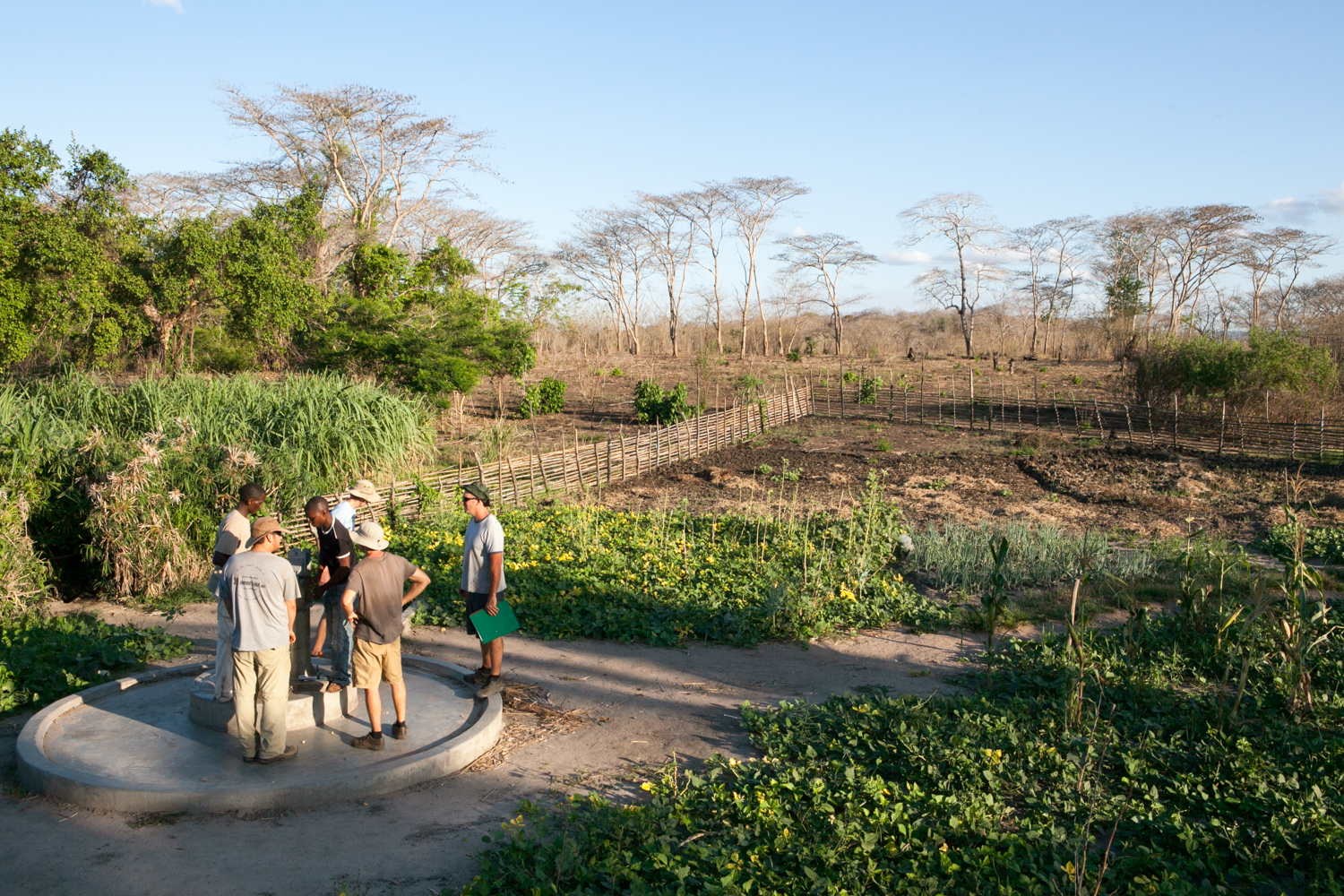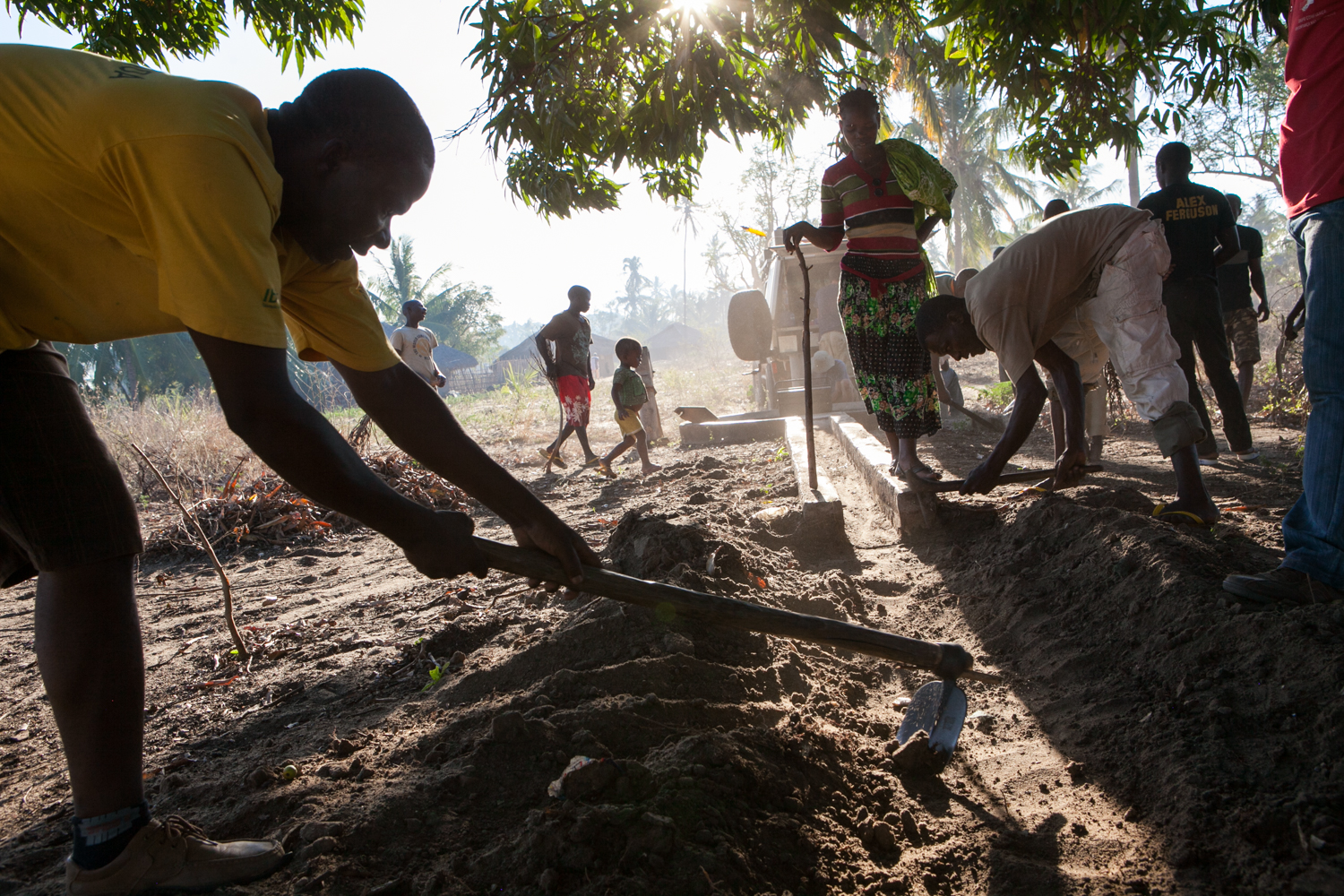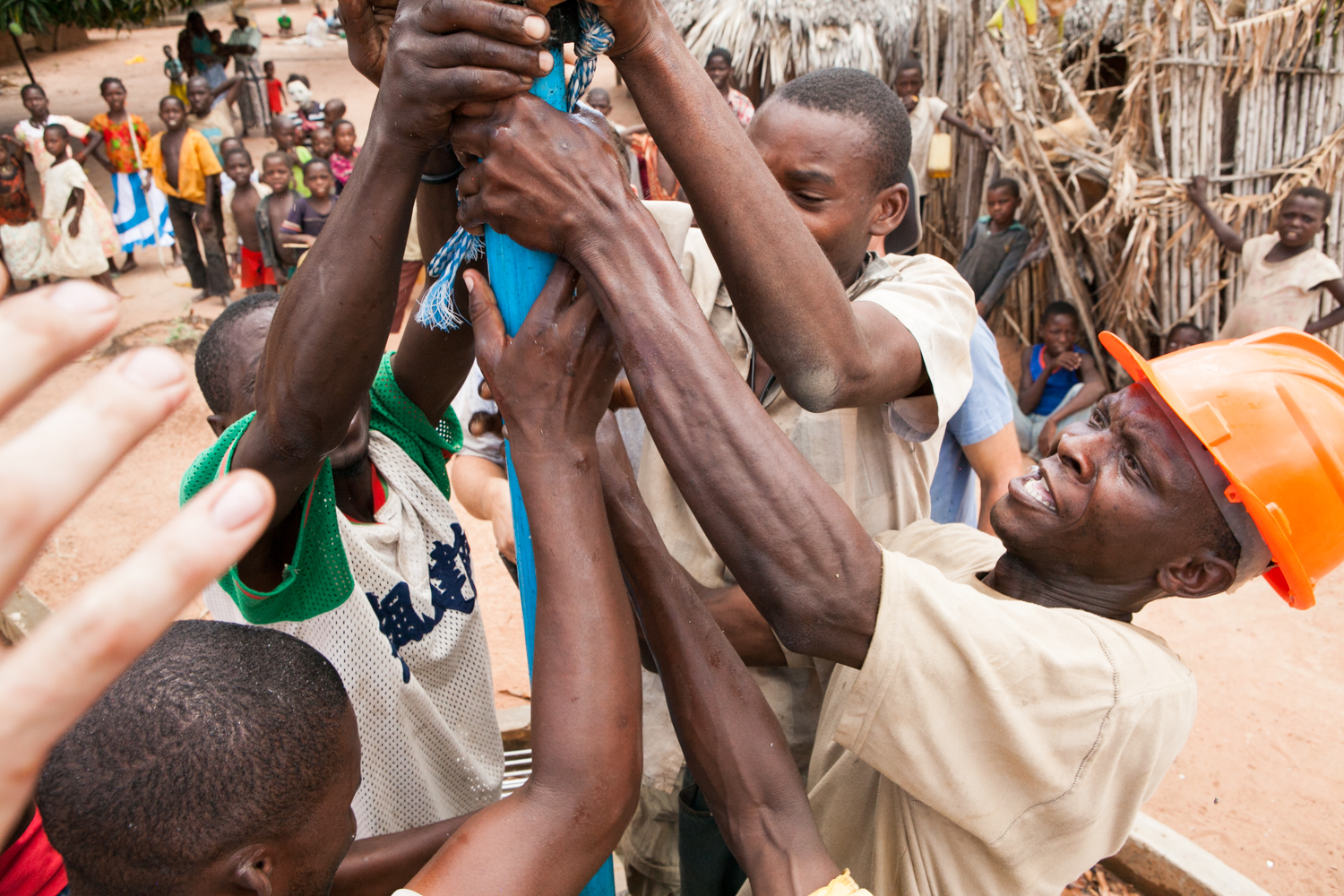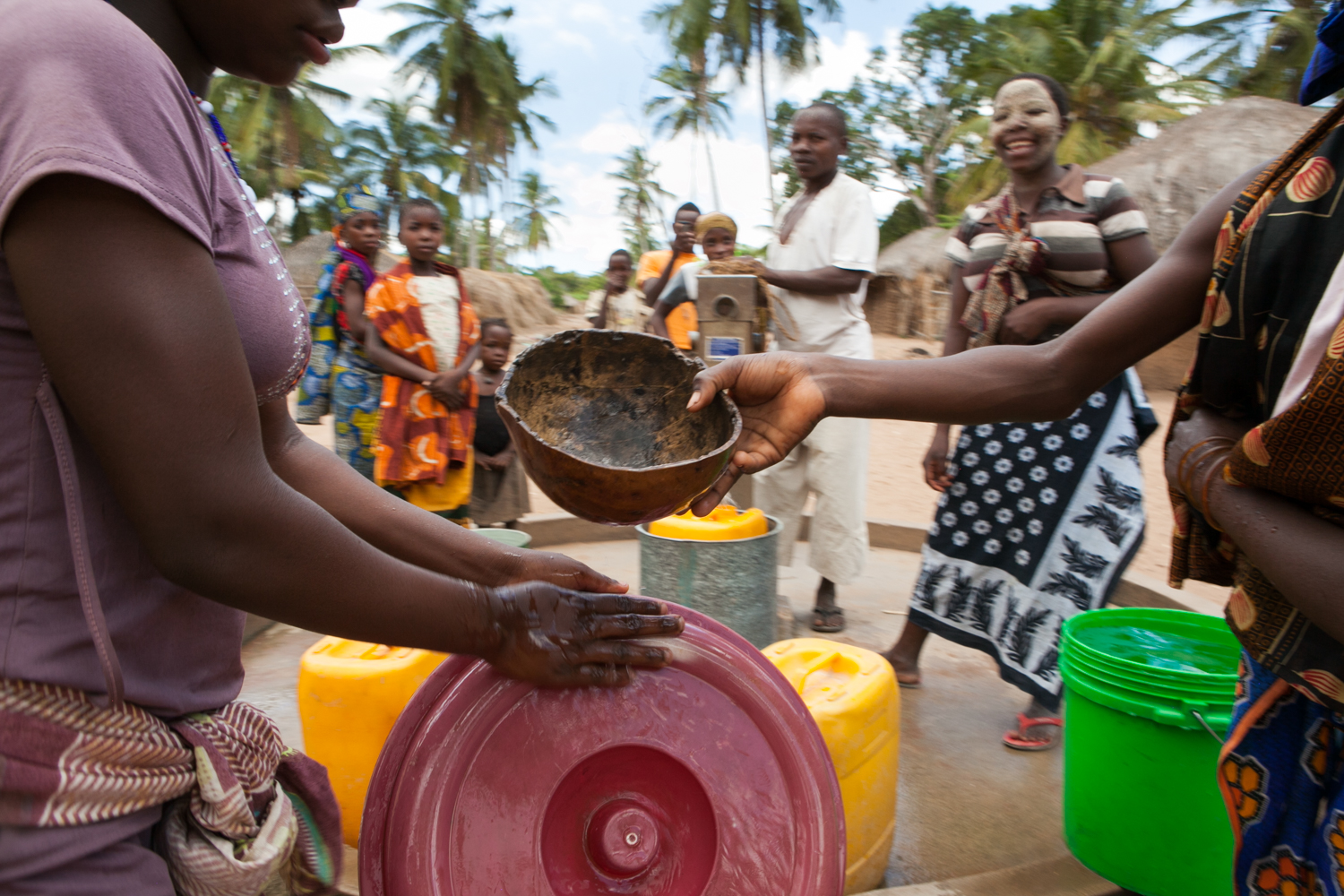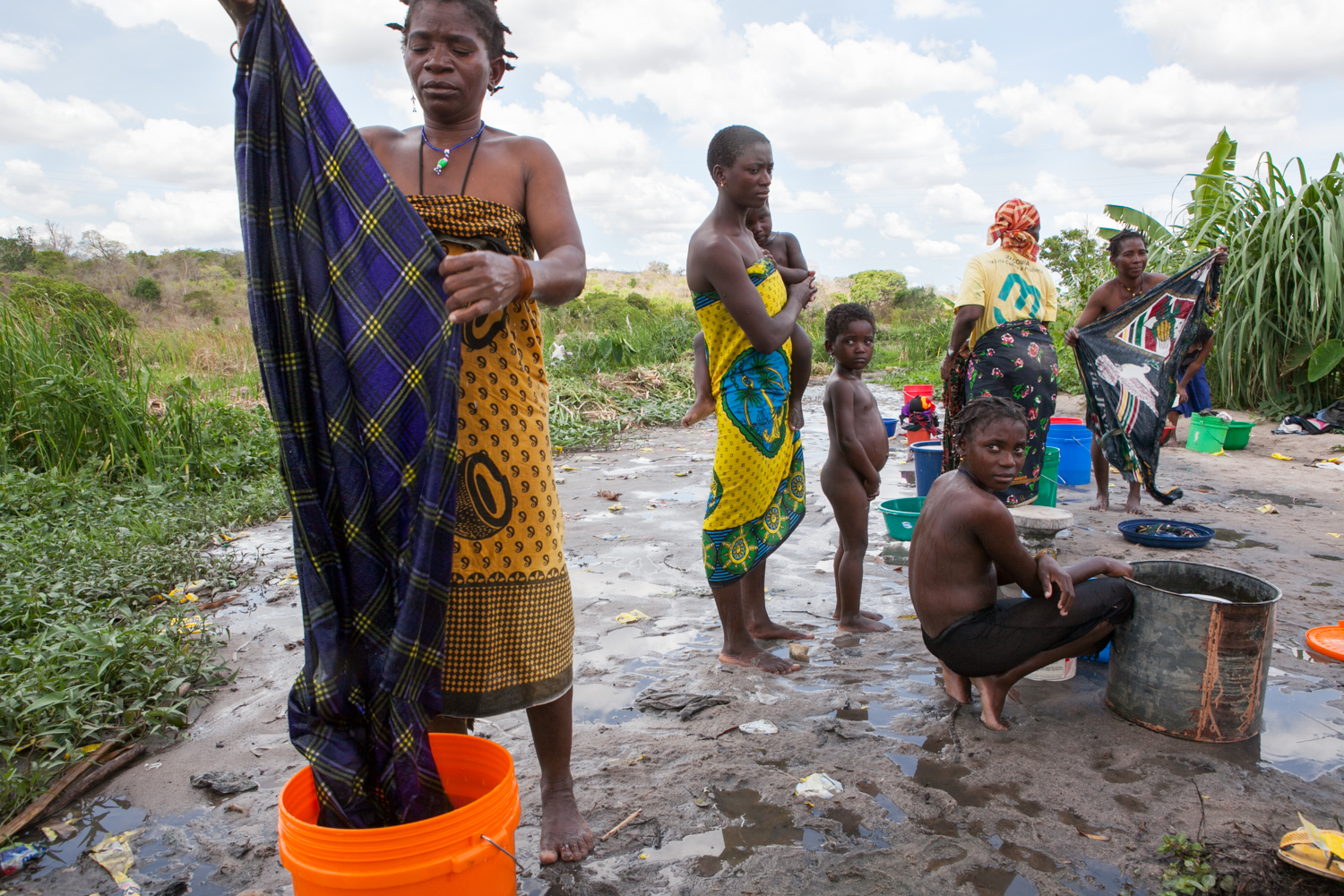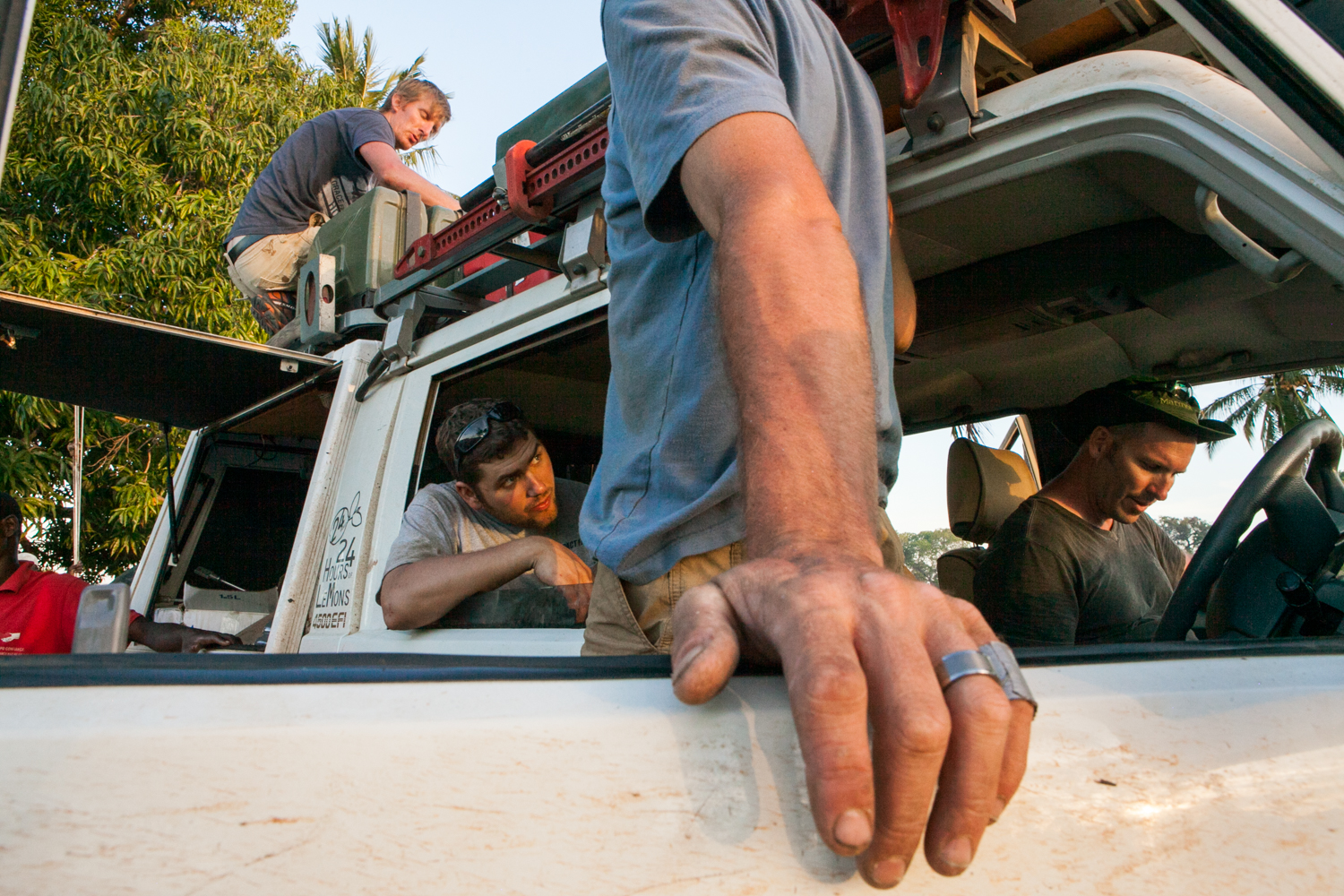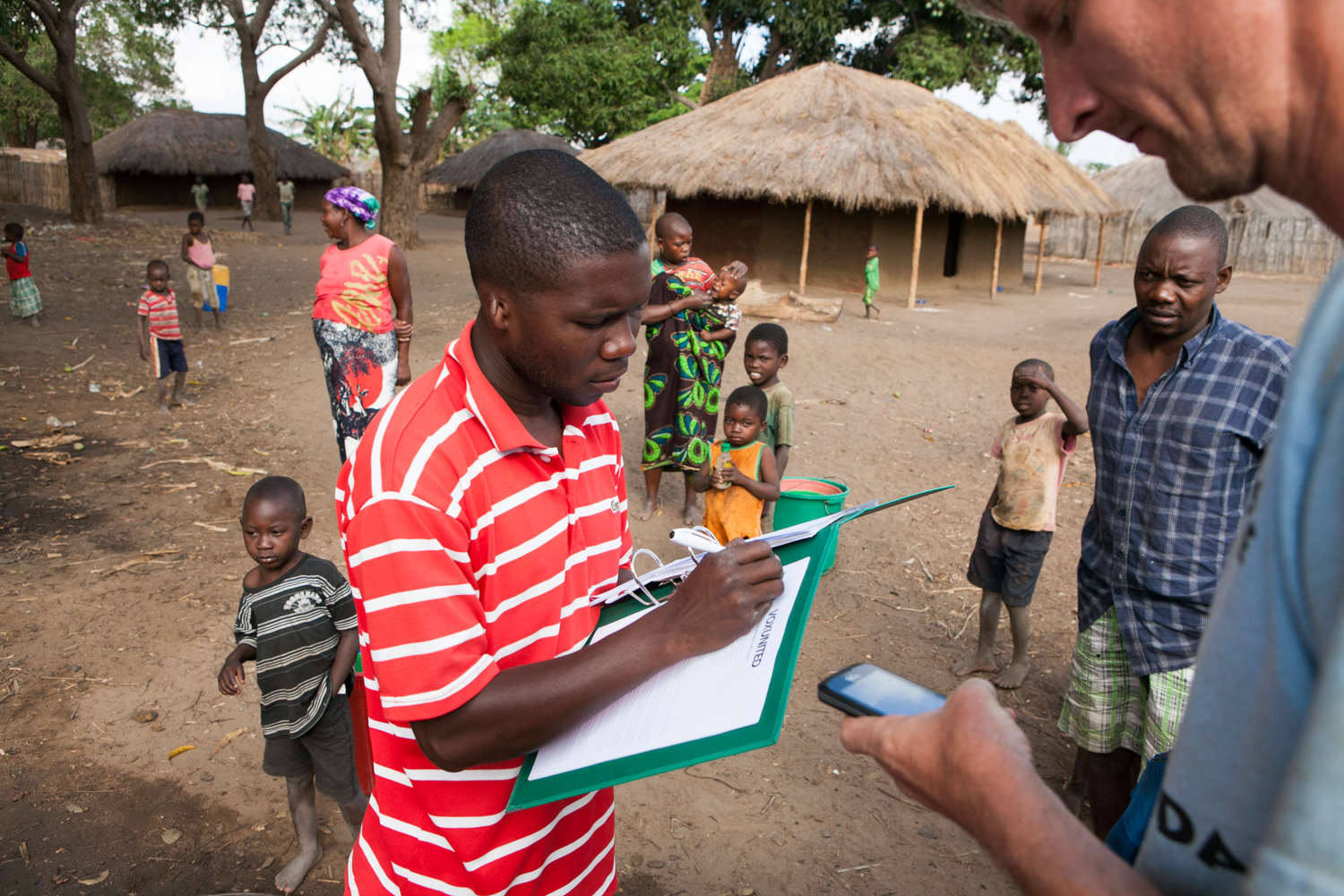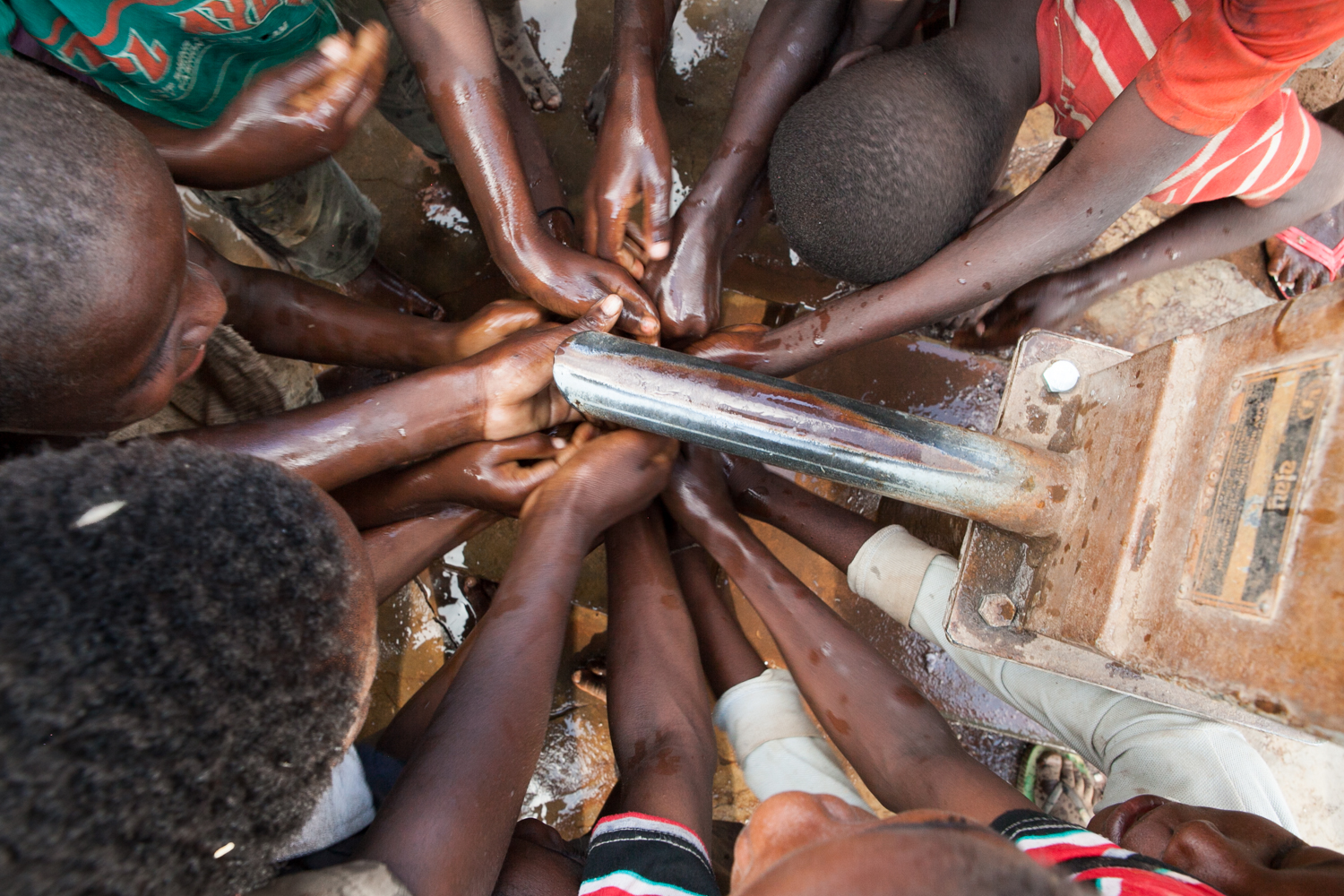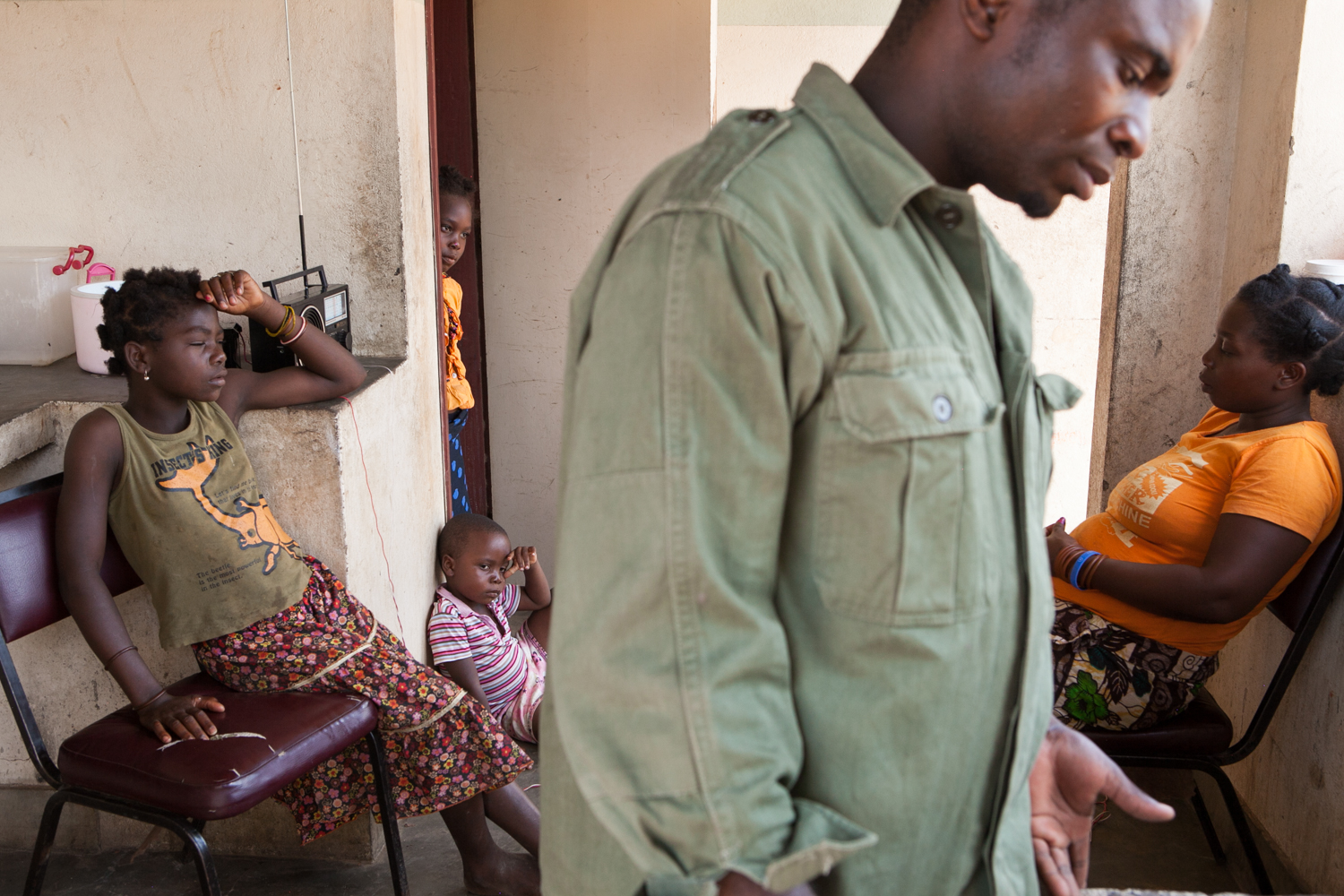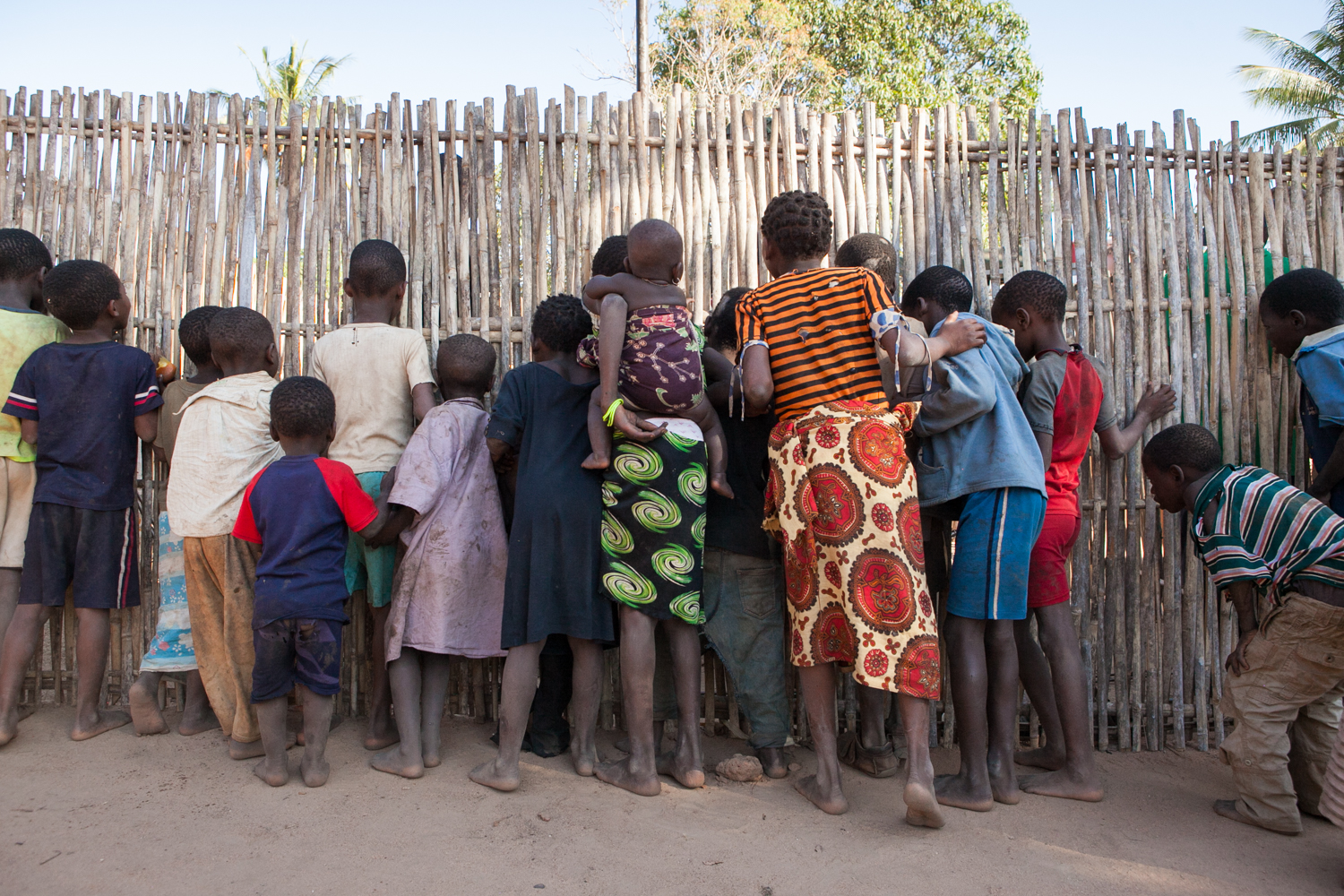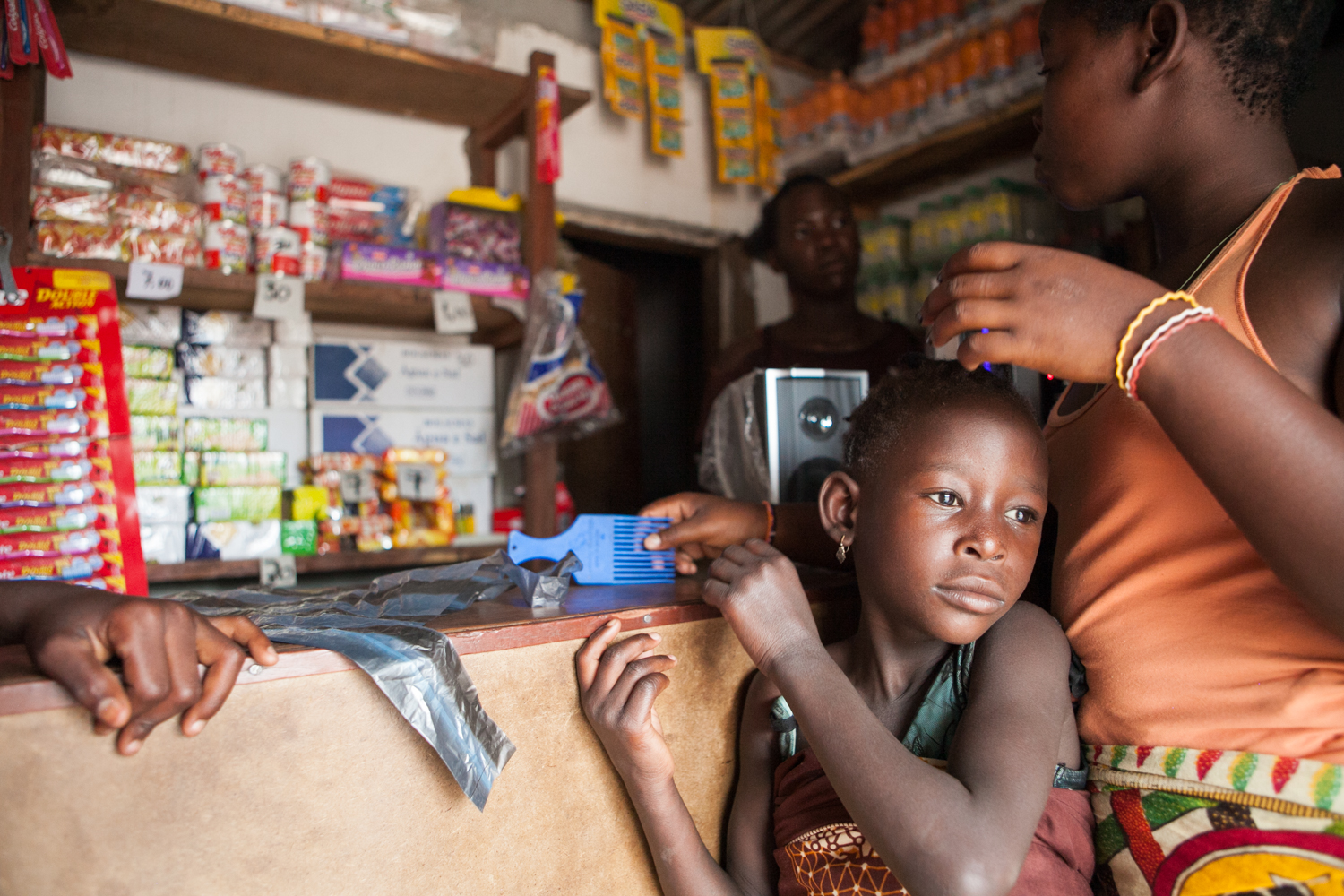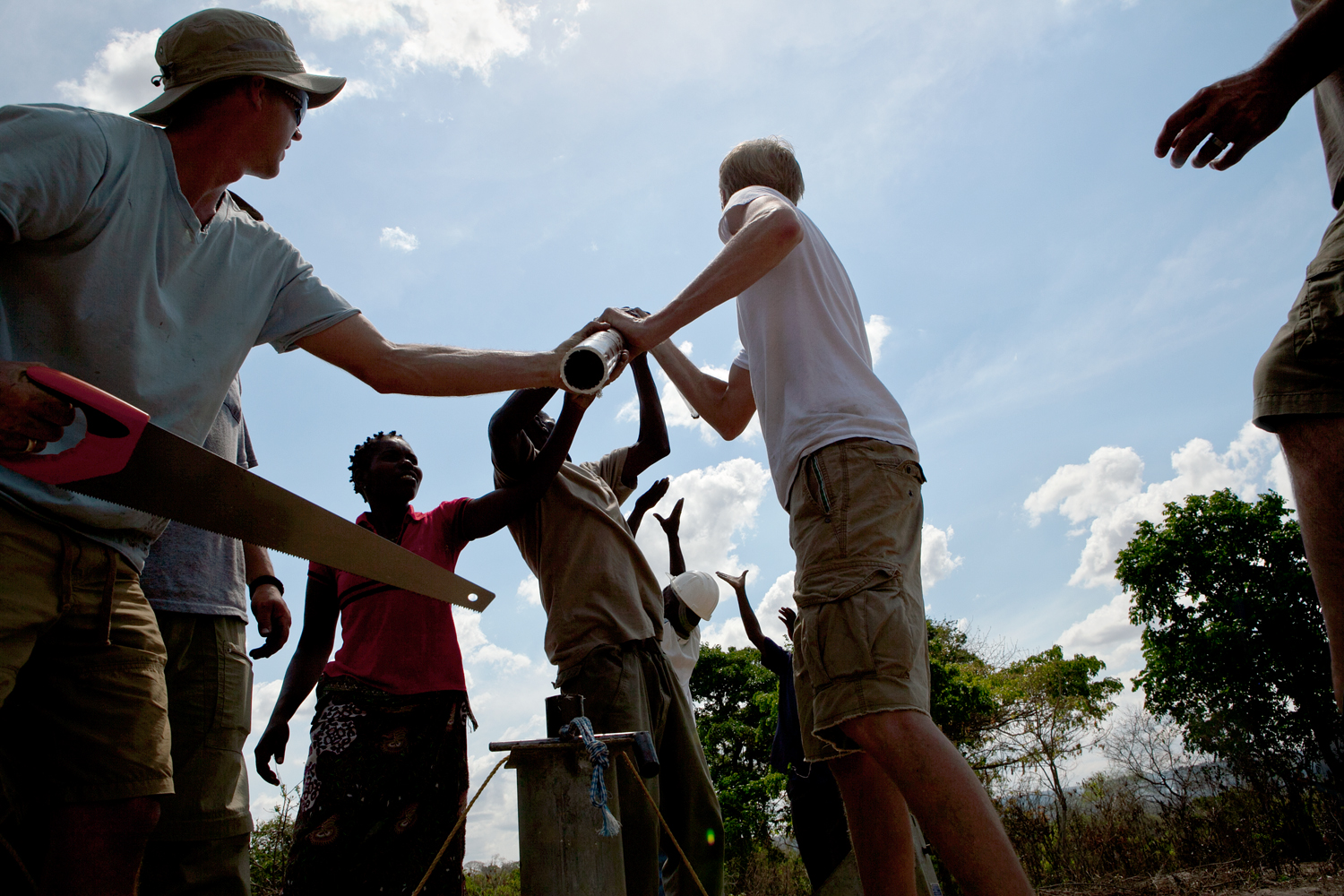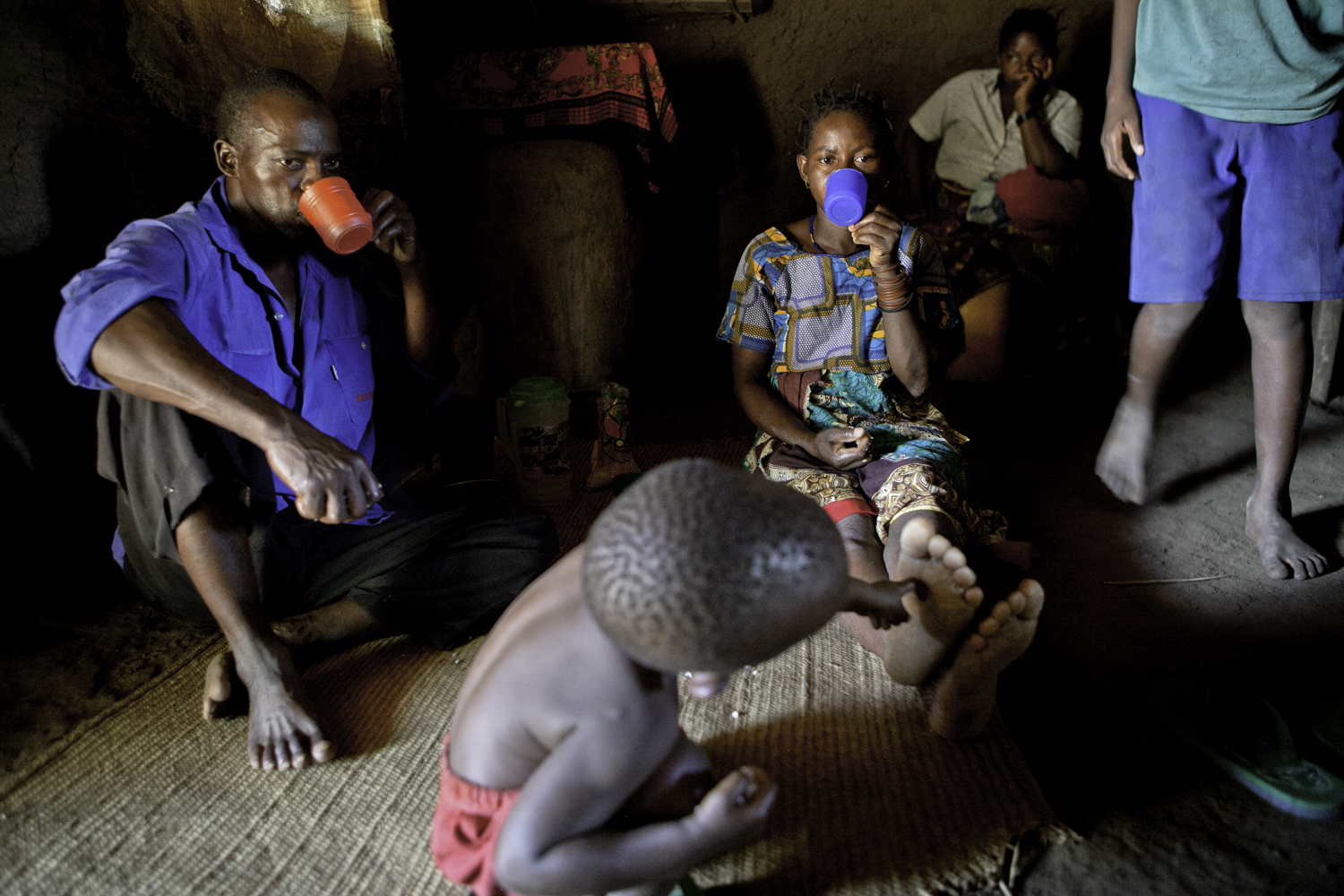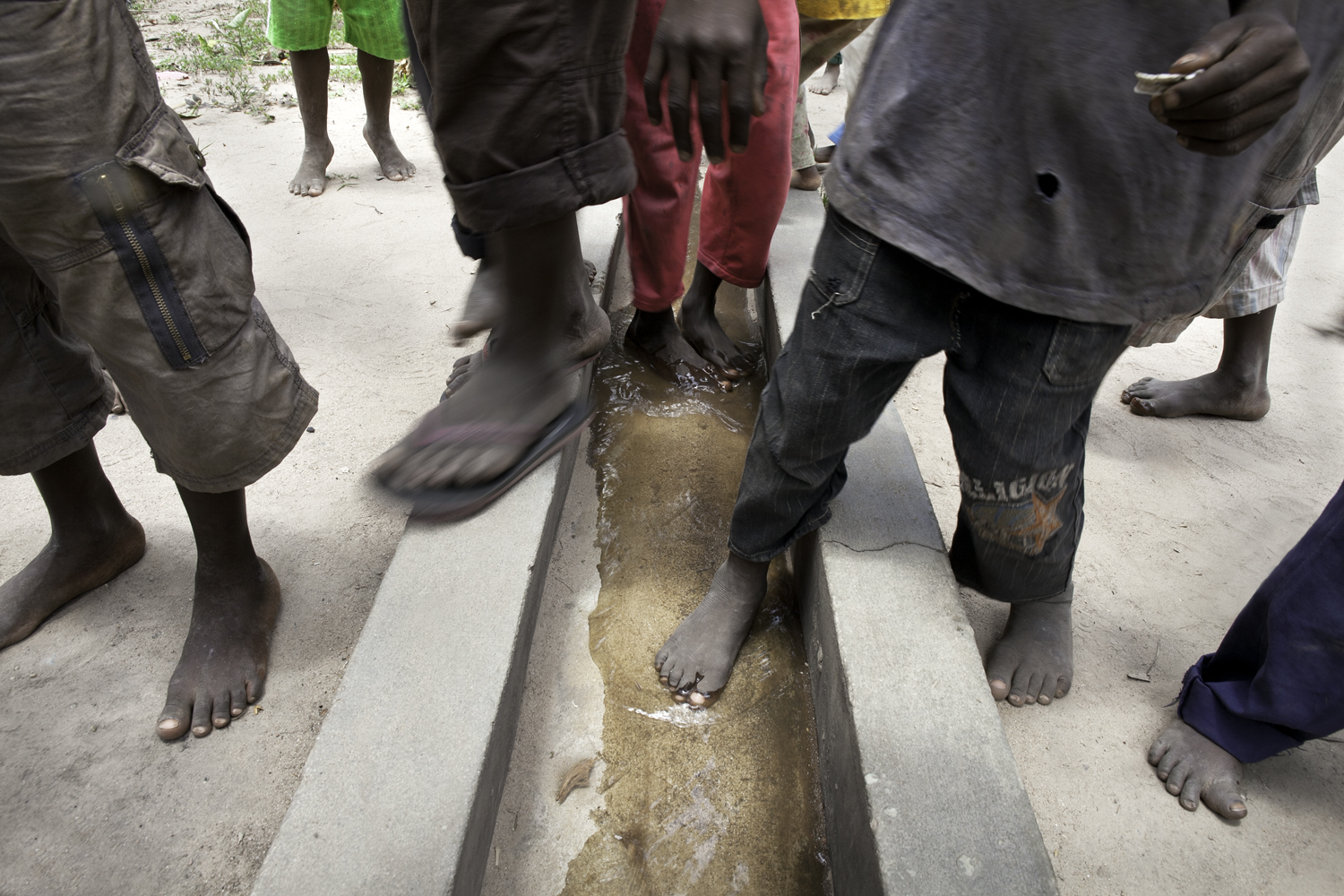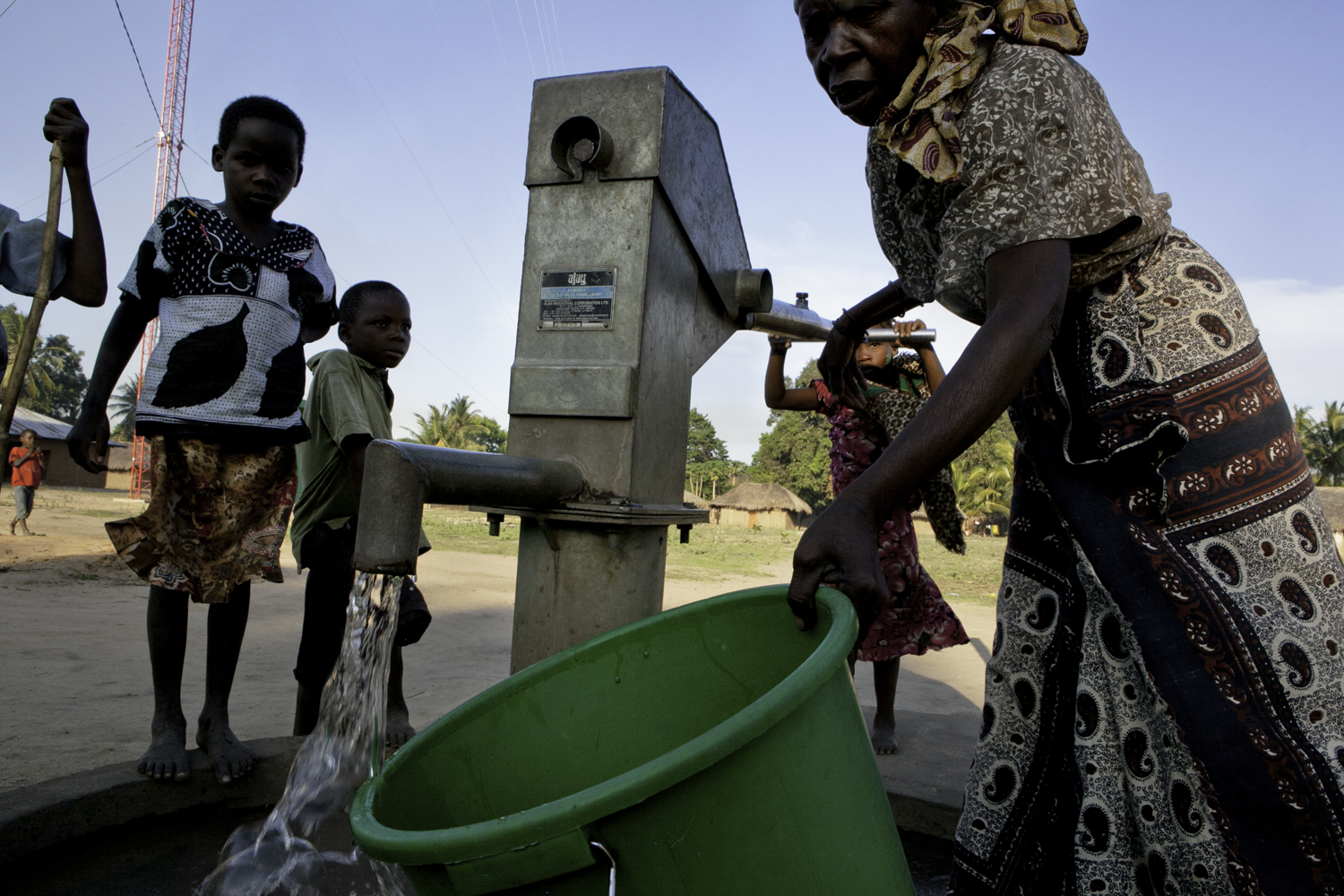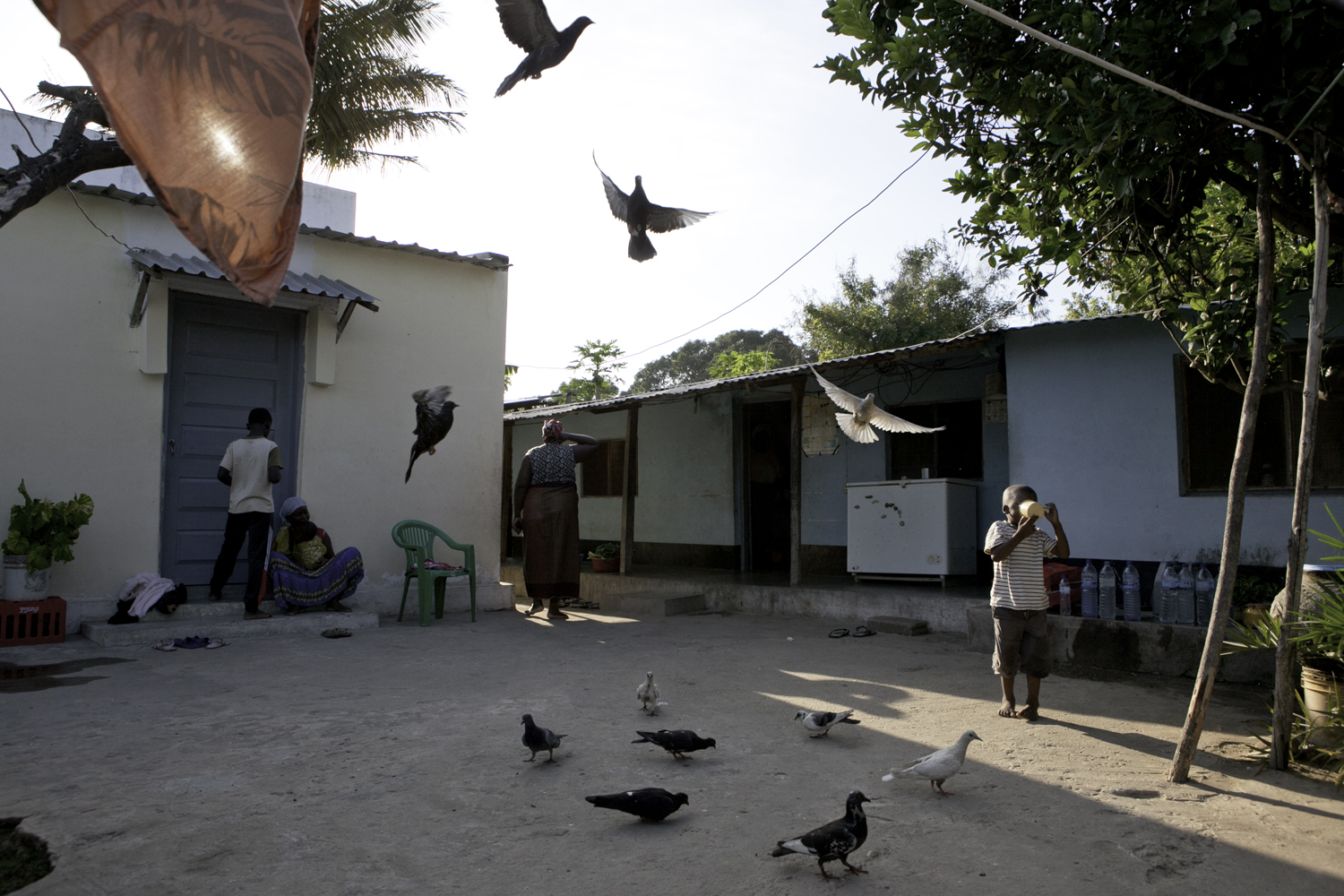Commission by VOX United
Every human being deserves access to clean water. Yet for some impoverished countries, developing the proper infrastructure to provide water is not properly addressed. With almost 24 million people, Mozambique is one such nation – nearly 40% of its population lives without clean water. Residents without a proper water source usually access creeks and swamps to bathe, wash clothes and collect drinking water. This option is neither viable nor healthy; water availability can be sporadic, and the source is usually contaminated from wildlife and waste streams.
The local government and its entities (Public Works & Infrastructure) do not have the adequate resources to supply clean water. Therefore, much of the burden for developing a quality infrastructure falls on international organizations that are eager to tackle the challenge and make a positive difference.
To combat the water crisis, organizations initially install water wells; however, over time, the internal pumps malfunction and must be repaired. During visits to each well, the organizations perform maintenance activities. They document the failure causes, recruit locals to become mechanics and teach the residents how to perform repairs. Collectively they rehabilitate the wells to a working condition. The communities then have a sense of ownership as opposed to entitlement.
The aforementioned approach creates an environment for maintaining water wells in parts of Mozambique. However, to reach additional residents, more organizations must become involved. Furthermore, the Mozambique government must be committed and accountable for adopting, implementing and growing the system. There is promise, but until such time that these conditions are met, a sustained clean water environment is a fleeting endeavor.

